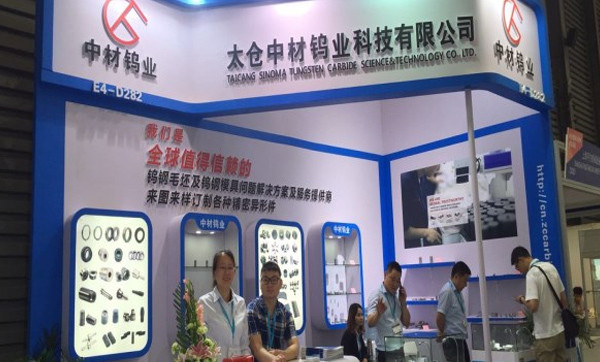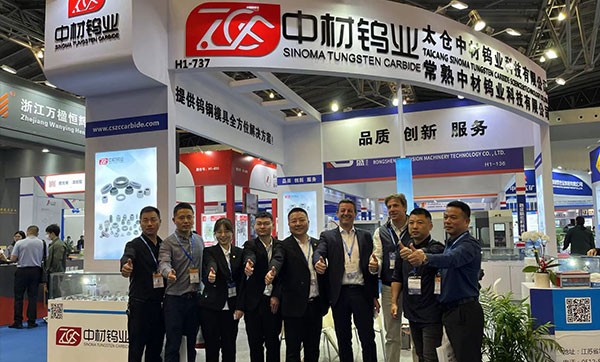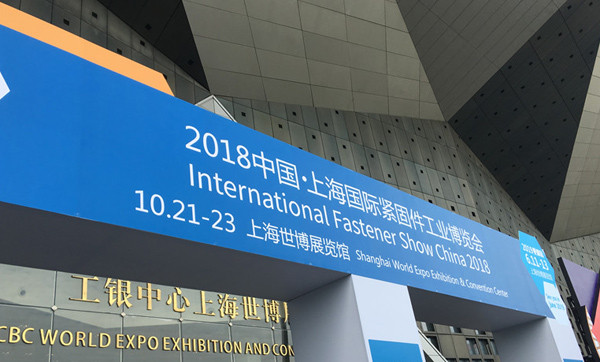Tungsten carbide molds are widely used in industries such as automotive, aerospace, electronics, and precision manufacturing due to their exceptional hardness, wear resistance, and durability. However, producing high-quality tungsten carbide molds requires not only advanced materials and processing techniques but also a strictly controlled production environment. Maintaining precise environmental conditions—including temperature, humidity, cleanliness, and contamination control—plays a crucial role in ensuring consistent product quality, performance, and longevity.
This article explores the key benefits of strictly controlling the production environment for tungsten carbide molds.
Tungsten carbide (WC-Co) molds are made by sintering a mixture of tungsten carbide powder and cobalt binder at extremely high temperatures. Any variation in the production environment—such as temperature fluctuations, humidity, or airborne contaminants—can lead to inconsistencies in the powder mixture, affecting the final product's density, hardness, and structural integrity.
· Temperature Control: Ensures uniform sintering, preventing cracks or deformities.
·Humidity Control: Prevents moisture absorption in raw powders, which can cause porosity or weak spots.
· Cleanroom Conditions: Minimizes dust and impurities that could lead to defects.
Tungsten carbide molds are often used for high-precision applications, such as injection molding, stamping, and extrusion. Even minor environmental variations can cause thermal expansion or contraction during machining and sintering, leading to dimensional inaccuracies.
· Stable Temperature & Humidity: Reduces material warping during production.
· Vibration Control: Prevents micro-cracks or misalignments in CNC machining.
· Controlled Atmosphere Sintering: Ensures uniform shrinkage and precise final dimensions.
Defects caused by an uncontrolled production environment—such as internal stresses, micro-cracks, or uneven carbide distribution—can significantly reduce the mold's service life. Strict environmental controls help produce molds with:
· Higher Density & Homogeneity: Improves wear resistance and reduces premature failure.
·Optimal Cobalt Distribution: Enhances toughness and reduces brittleness.
· Superior Surface Finish: Minimizes friction and wear in high-stress applications.
Variations in the production environment often lead to higher rejection rates due to defects like:
1. Cracks or voids from moisture contamination
2. Dimensional inaccuracies from temperature shifts
3. Inconsistent hardness due to improper sintering
By maintaining strict environmental controls, manufacturers can:
· Minimize Rework & Waste
· Achieve Higher First-Pass Yield
· Lower Overall Production Costs
Industries such as aerospace, medical devices, and automotive manufacturing require tungsten carbide molds to meet stringent quality certifications (e.g., ISO 9001, AS9100). A controlled production environment ensures:
· Traceability & Process Consistency
· Reliable Mechanical Properties
· Compliance with Tight Tolerance Requirements
Strictly controlling the production environment for tungsten carbide molds is essential for achieving superior quality, precision, durability, and cost efficiency. By optimizing temperature, humidity, cleanliness, and sintering conditions, manufacturers can produce high-performance molds that meet the demanding requirements of modern industries. Investing in advanced environmental control systems not only enhances product reliability but also strengthens a company’s reputation as a leader in precision tooling.
For manufacturers looking to gain a competitive edge, maintaining a tightly regulated production environment is not just an option—it’s a necessity.
Since its inception, ZCCF has maintained a constant temperature and humidity environment. The entire production workshop is equipped with central air conditioning, fresh air, and dehumidification systems. We welcome all customers to visit and guide us.




